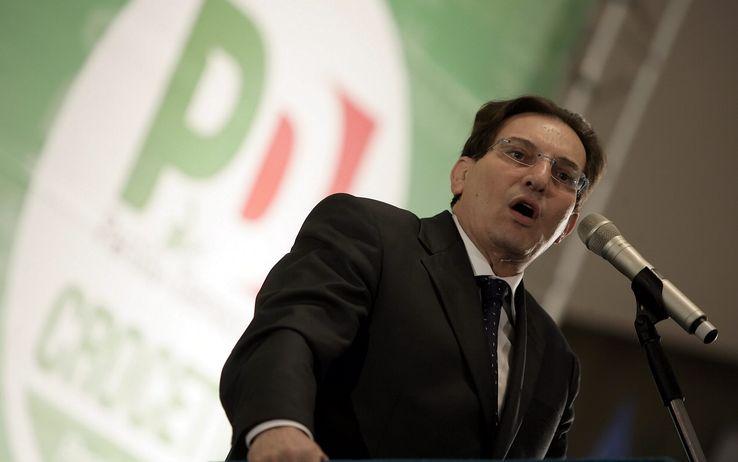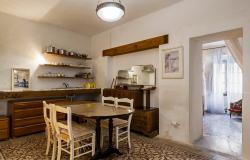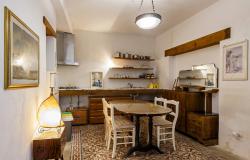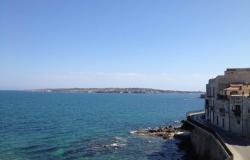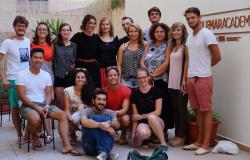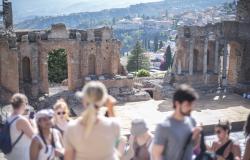Words by Carol King
The results of the regional elections in Sicily herald a new era in Italian politics. They signal how Italians may vote in the forthcoming general election.
The election was held on 28 October. The results the day after shocked Italy and helped dismiss negative stereotypes of the island. Voters elected an anti-mafia gay governor, demonstrated that the strongest party on the island is that led by a blogger who campaigns via social media, and gave a thumb’s down to the party headed by former premier Silvio Berlusconi. The revolutionary shift in the island’s political make-up surprised observers accustomed to an image of the island depicted in old movies.
A left-wing coalition led by the Partito Democratico’s (PD) Rosario Crocetta won with 30.5% of the vote. Yet the MoVimento 5 Stelle (5 Star Movement, M5S) emerged as the major political party on the island, winning 18.2% of votes. The right-wing party led by Berlusconi, Popolo della Libertà (People of Freedom, PdL), appears to be crumbling: it won 25.7% of the vote, which is significantly less than in previous elections. Voter turnout was low at 47.42%.
Crocetta (in the leader picture) will govern with the support of the Unione dei Democratici Cristiani e dei Democratici di Centro (Union of Christian and Centre Democrats), Movimento Politico (Political Movement) and Unione Consumatori (Consumers Union). Despite the win, the PD’s share of the vote was 5% down on that of the last regional election in 2008, and the UDC’s was 2% down. Crocetta became Italy’s first homosexual mayor when he was elected mayor of Gela in 2003. There he became known for his anti-mafia stance and survived three mafia plots to kill him. A Catholic and former Communist, Crocetta will be Sicily’s first gay governor.
Crocetta told waiting reporters: “It’s the first time that a candidate for the left is elected as regional governor, it’s the first time that an anti-mafia candidate wins... Today is more than an election result, it is a date with history.”
The M5S candidate Giancarlo Cancelleri is as new a face in politics as his party. The M5S launched in 2009 and it represents the arrival of fresh blood in Italian politics. The M5S chose not to yoke itself to any of the other established parties to contest the election. Led by Beppe Grillo, the M5S adopts an anti-corruption and anti-establishment stance that has won votes, but alienated many in mainstream politics and the media. The party’s success in the election affirms the evidence of recent polls suggesting it could be Italy’s second most popular party after the PD, given that historically Sicilian voters are more conservative and voted for the right. The result means that the M5S is a serious force in politics and can no longer by dismissed by the mainstream. The M5S expects to gain a larger share of the vote from supporters in the north in the next general election.
The PdL vote was 20% down from the previous election. The demise in the fortunes of the PdL with its candidate Nello Musumeci comes at a time when Berlusconi is under fire. The former premier announced he was taking a step back from politics the week before the election. Only three days later, Berlusconi announced he was returning to politics after he was sentenced to jail for tax fraud. He then threatened to topple the government by withdrawing support for Prime Minister’s Mario Monti’s technocrat government. The slide in support for the PdL will come as a blow to the media mogul and soccer-club owner. Traditionally, he has had strong support on the island and won all 61 seats in the 2001 general election.
Perhaps the biggest shock of the election is the poor turnout. The 47.42% turnout is 20% down on that from the last regional election and is an all-time low for a regional election in Sicily.
The snap election to renew the Sicilian Parliament follows the resignation of the island’s previous governor, Raffaele Lombardo, after an indictment for mafia collusion. Lombardo stood for the right wing in the last election in April 2008. He won with 65.3% of the vote gained in a coalition with the PdL, UDC, Movimento per le Autonomie (Movement for Autonomies, MpA) and Democratici Autonomisti (Independent Democrats).
The low turnout in Sicily is not just a sign of apathy. It reflects citizens’ disillusion with a political class that has led the island near to bankruptcy and can be seen as a form of silent protest in scandal-hit Italy. On the same day the votes were counted, rating firm Fitch downgraded Sicily one notch closer to junk territory. Fitch cited expectations of a prolonged period of budgetary deficits in the region, which has a 20% unemployment rate.
The failure of a large number of Sicilians to turn up at polling stations is also a consequence of political corruption on the island. Lombardo is not the first of Sicily’s governors to undergo investigation for mafia links. His predecessor was Salvatore ‘Totò’ Cuffaro of the UDC, who was in power in coalition with the MpA and the forerunner to the PdL, Berlusconi’s party Forza Italia. Cuffaro resigned in January 2008 after being found guilty of mafia association and sentenced to seven years in jail. He is serving out his sentence in prison.
If, as many believe, the regional election in Sicily has significance nationally, then the message is worrying: the succession of scandals and corruption cases that have plagued the country in recent years mean many Italians distrust the political class. Whether the Sicilians’ disenchantment with politics indicates that the forthcoming general election will see a similar no-show as Italians avoid the ballot box will be of concern to all of the political parties, as well as observers beyond Italy’s shores. However, the Sicilians’ abstention indicates there is a large part of society to play for.
